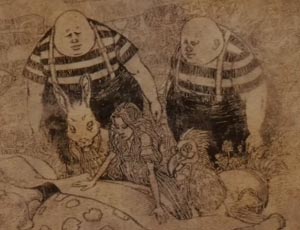Consciousness poses a serious, and in fact insurmountable problem for materialist scientists – which includes of course materialist evolutionists.[1] Brain researcher Robert Lawrence Kuhn captures the problem succinctly: “Try as I have for decades, I cannot remotely imagine how physical matter can become mentally aware.”[2] By “mentally aware” he is referring to consciousness, which he defines as:
“Consciousness is what mental activity feels like inside. The private inner experience of sensation, emotion and thought.”[3]
Robert Lawrence Kuhn
Which is probably the easiest way to view consciousness.[4] But this easy to understand concept of consciousness masks a fundamental conundrum: matter is not conscious. If matter is all that exists, and thus people are no more than intricately structured matter, why are we conscious?
The problem is akin to the origin of life for such materialists. The origin of life problem, briefly stated, is how did non-living matter – an arrangement of molecules – become a living creature? The problem of consciousness is very similar: How does an arrangement of non-consciousness matter become conscious? For the record, materialists have no answer to either question.
Before looking further into the problem, we need to be clear on how insurmountable a problem consciousness is for those who believe there is nothing beyond the material world. Famed former atheist turned theist Anthony Flew highlighted the problem through the means of a thought experiment: Continue Reading


